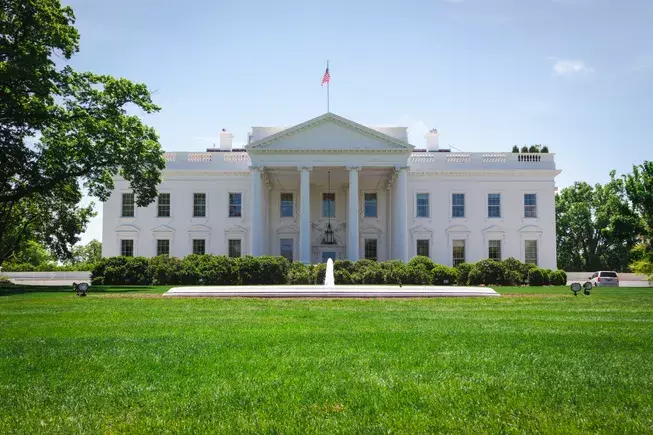In a notable pivot from escalating tensions, the U.S. government has made a crucial decision to reduce tariffs on imports from China. This move represents not only a cessation of a protracted trade war but also offers a glimmer of hope for financial markets that have been navigating through troubled waters. Tariffs have long imposed burdens on consumers, businesses, and the economies of both nations. By easing these restrictions, the U.S. acknowledges the detrimental effects of trade wars, which often lead to inflated prices and diminished consumer choice.
The recalibration of these tariffs speaks volumes about the necessity of dialogue over isolationism and economic warfare. Recent developments not only reflect an effort to stabilize market sentiment but also hint at the potential reopening of negotiations regarding TikTok—an app that has found itself at the center of geopolitical strife. Through this lens, one sees how interconnected trade relations are with technology and, importantly, cultural exchange.
The TikTok Tangle
The TikTok saga has been a rollercoaster ride since it first became a political hot-button issue in the United States. The January enactment of a Senate-approved bill mandated a sell-off of TikTok’s U.S. operations to an American entity, which became the crux of the matter for the platform’s survival in the American market. This urgency became palpably clear when the impending deadline was met with dire inaction, causing an impasse that instilled fear among its millions of American users.
A significant aspect of the TikTok controversy is how it encapsulates broader fears regarding data privacy and foreign influence. The app, owned by Chinese tech giant ByteDance, has faced scrutiny over concerns that user data could be shared with the Chinese government. In response, the U.S. government leveraged trade tensions as a bargaining chip to validate its demands. The situation escalated under the Trump administration, which pushed for stringent regulations and deadlines while simultaneously extending time allowances for TikTok to navigate the complex political landscape.
Negotiation Reimagined
Now, with tariffs being eased, the door opens for renewed discussions about TikTok’s future. What could be considered almost a chess match between U.S. and Chinese representatives, the unfolding of these negotiations may benefit all stakeholders involved. Chinese officials, previously unwilling to engage while facing pressure from escalating tariffs, may now feel a sense of urgency and possibility to negotiate a viable deal with U.S. counterparts.
Reports suggest that a likely candidate for the acquisition could involve Oracle, a substantial American technology firm. Their partnership could meet stringent conditions stipulated by new legislation aimed at protecting American interests, thereby assuaging concerns over foreign control. However, the intricacies of these negotiations cannot be underestimated, as the stakes involve nuanced issues surrounding algorithm control and data sharing that are not just superficial checkboxes but pivotal points of contention.
Hurdles remain, as ByteDance may be reluctant to concede extensive control over its application. The question arises: how much autonomy are foreign companies willing to relinquish to satisfy U.S. regulations? The outcome could have profound implications for similar situations where foreign companies navigate the maze of American regulatory frameworks.
Implications for Content Creators
The uncertainty surrounding TikTok’s fate has placed a cloud of worry over its vast creator community. These individuals, who have thrived on the platform, depend on its operational continuity to sustain their livelihoods and audience engagement. With tariffication dynamics shifting, there exists a hope that a deal can be brokered swiftly to provide assurance and stability for these creators.
The potential resolution could mark a new chapter not just for TikTok but for how social media platforms operate within the U.S. market in relation to global powers. An efficient and expedient deal might not only safeguard the app’s existence but also define how American and Chinese companies collaborate in an increasingly interconnected digital world.
Innovators and artists often rely on consistent platforms to express creativity and engage with their audiences. Therefore, a swift agreement carries significance beyond mere regulatory compliance; it lays the groundwork for future collaborations and content-sharing paradigms globally. As such, a return to cooperative trade relations could generate ripples of positivity across numerous sectors, potentially redefining how nations engage economically and culturally in our polarized world.


Leave a Reply